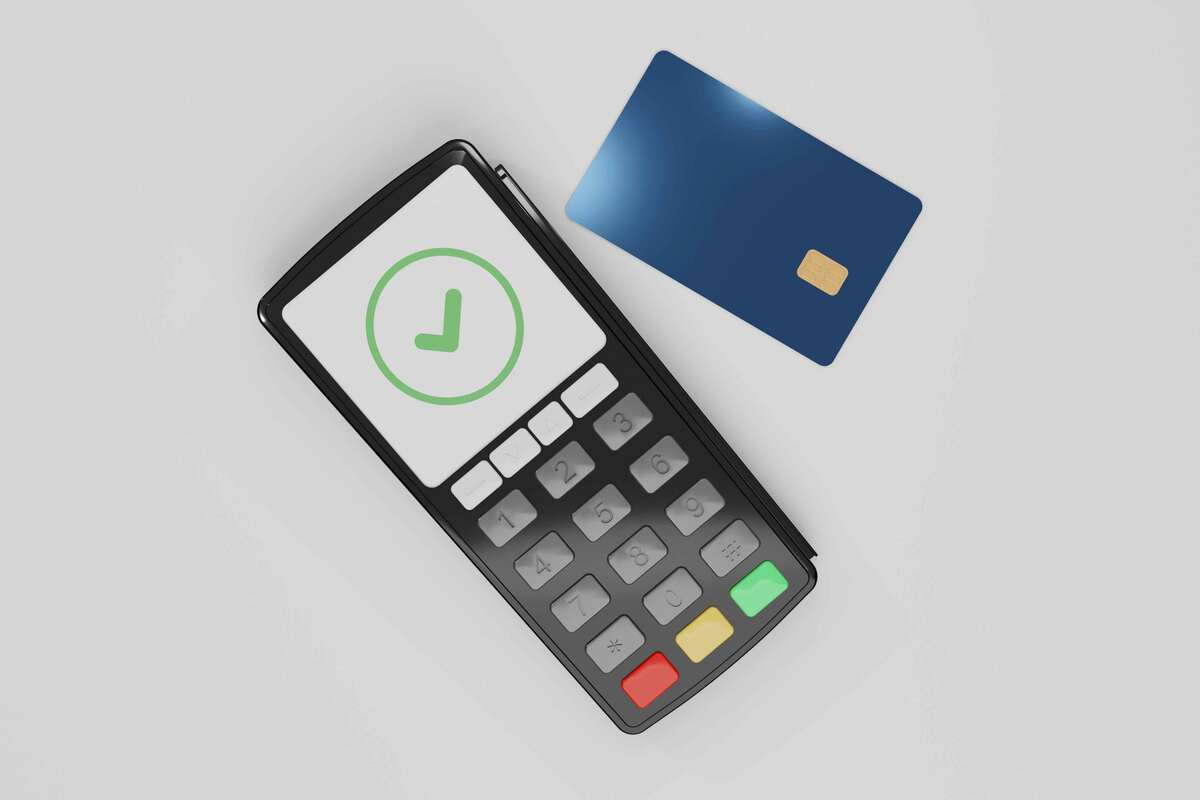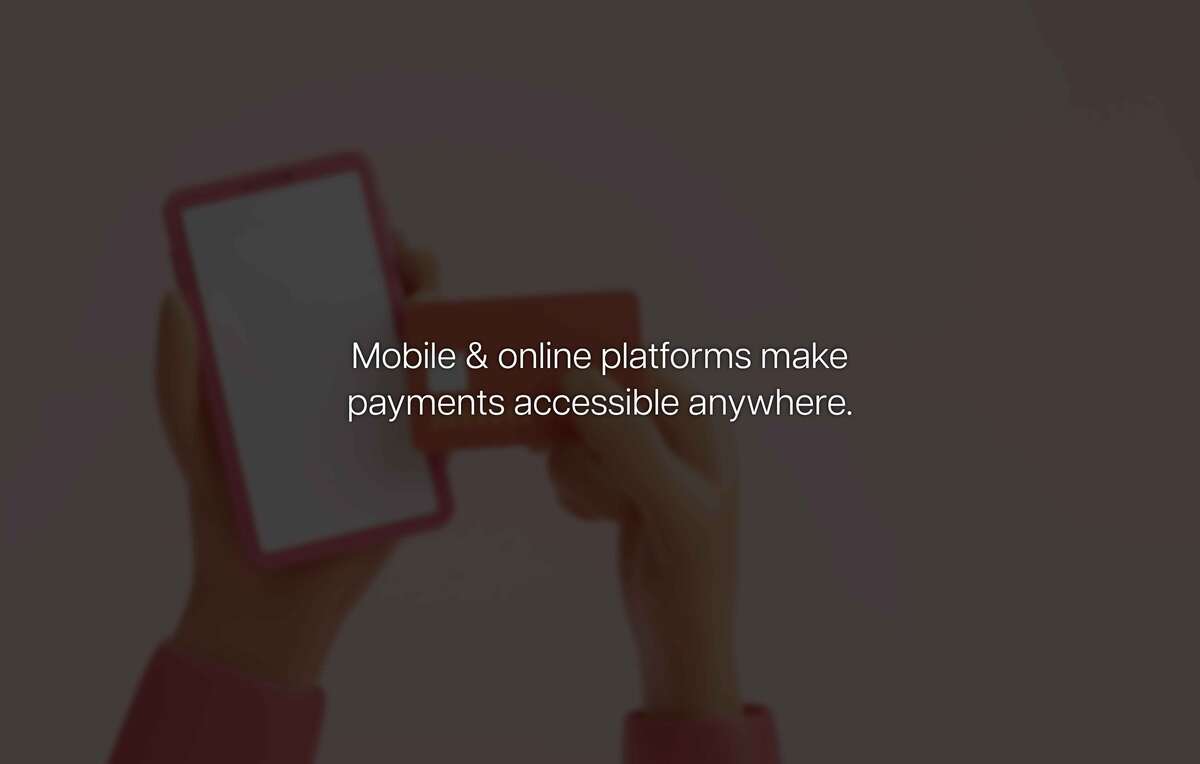How Can I Take Credit Card Payments Without a Merchant Account?
Taking credit card payments without a merchant account is easier than ever thanks to digital processors, mobile apps, and hosted platforms. These solutions provide flexibility, speed, and security for small businesses and independent sellers. Choosing the right approach depends on transaction volume, customer type, and business goals, but every option helps expand accessibility and improve payment convenience.

No hidden fees. Ever.
Real-time accounting
SOC 1 & SOC 2 compliance
Expert human support

Table of Contents
Understanding Merchant Accounts
A merchant account is a type of bank account that allows businesses to accept credit and debit card payments directly. When a customer makes a purchase, the funds pass through the merchant account before being deposited into the business’s regular bank account. While this setup offers control and customization, it can also require lengthy underwriting, monthly fees, and volume commitments that don’t suit smaller businesses.
Many new or low-volume businesses instead look for ways to accept card payments without establishing a dedicated merchant account. Modern technology makes this possible through third-party processors and digital payment platforms.
Using Payment Aggregators
Payment aggregators, also called third-party processors, allow businesses to accept credit card payments under a shared master merchant account. Instead of each business having its own account, many small merchants operate under one provider’s umbrella.
Platforms like Stripe, Square, and PayPal fall into this category. They simplify onboarding by skipping individual credit risk assessments, making it possible to start accepting payments within minutes. However, this convenience comes at the cost of less control over reserves, higher processing fees, and potential account holds if disputes arise.

The Role of Payment Gateways
A payment gateway acts as a secure bridge between your website or point-of-sale system and the processor. Even without a merchant account, businesses can still connect gateways that support third-party processors. This ensures that customer payment data is transmitted securely and that transactions comply with PCI DSS requirements.
Gateways often include tools for fraud detection, recurring billing, and multi-currency support, helping small businesses operate like larger enterprises without heavy infrastructure costs.
Mobile Payment Solutions
Mobile payment systems have made it easier than ever for businesses without merchant accounts to accept cards. Mobile readers connect to smartphones or tablets and process payments through apps linked to an aggregator or gateway.
This approach is ideal for service professionals, pop-up shops, and contractors. Funds typically settle in one to two business days, with setup requiring minimal technical knowledge. Mobile payments have expanded accessibility for entrepreneurs who previously relied on cash or checks.

Online Payment Platforms
Businesses operating online can use hosted checkout solutions that manage everything from transaction processing to compliance. These platforms provide embeddable checkout buttons or invoice links that allow customers to pay using credit cards without needing custom code.
E-commerce stores, digital freelancers, and subscription-based businesses benefit from this approach. It provides quick setup and integrated reporting without the administrative burden of maintaining a full merchant account.
Invoicing and Recurring Billing
Another option is using digital invoicing systems that include embedded payment links. Many accounting tools and payment platforms offer this feature, enabling customers to pay invoices instantly by credit card.
Recurring billing features also allow automatic charges for subscriptions or membership services. This helps stabilize cash flow and reduces the need for manual collection efforts.
Comparing Aggregators and Merchant Accounts
While third-party processors provide speed and simplicity, they differ significantly from dedicated merchant accounts.
- Setup Time: Aggregators can start processing payments within minutes, while merchant accounts require application and approval.
- Fees: Aggregators charge a flat rate per transaction (often around 2.9% + $0.30), whereas merchant accounts offer lower rates for high-volume businesses.
- Control: Aggregator users have less control over reserves and dispute resolution.
- Stability: Dedicated merchant accounts provide greater long-term reliability and account security.
Businesses should evaluate their transaction volume, risk level, and need for customization before deciding which route to take.
Ensuring Security and Compliance
Even without a merchant account, businesses are still responsible for maintaining secure processing practices. Partnering with PCI-compliant processors ensures that customer card information is encrypted and tokenized during every transaction.
Using multi-factor authentication, device encryption, and secure Wi-Fi connections further protects sensitive payment data. Maintaining logs and receipts for all transactions also helps in resolving potential chargebacks or disputes.
Integrating Payments with Accounting
Many third-party processors integrate seamlessly with accounting software, enabling automatic reconciliation of payments. This reduces manual data entry and minimizes the risk of financial discrepancies.
Businesses that rely on multiple payment platforms can centralize data through accounting dashboards to maintain clarity on incoming revenue and processing costs.
When a Merchant Account Might Be Better
While it’s entirely possible to accept credit card payments without a merchant account, certain businesses benefit from upgrading to a dedicated setup. Companies with higher monthly volumes, recurring subscriptions, or international customers often gain better rates and fewer transaction limits.
As a business grows, switching to a customized processing solution allows more flexibility in payment structure and fee negotiation.
Exploring Modern Credit Card Payment Options
Advancements in payment technology have made it simple for businesses to start accepting cards online or in person without heavy infrastructure. For a detailed breakdown of processing tools and setup options, review how modern systems handle credit card payments in different business environments.
Final Thoughts
Taking credit card payments without a merchant account is easier than ever thanks to digital processors, mobile apps, and hosted platforms. These solutions provide flexibility, speed, and security for small businesses and independent sellers. Choosing the right approach depends on transaction volume, customer type, and business goals, but every option helps expand accessibility and improve payment convenience.
Supercharge your Payments
RevitPay is here to help you scale smarter — from your 1st transaction to your 100,000th.
Previous
Next
Frequently Asked Questions
Recent Articles
A Seamless Start to Smarter Payment Processing
Request an Application
Submit for Approval
Start Processing
Explore More Online Payment Solutions
Everything you need to process payments wherever, whenever.
Seamless & Secure Payment Processing
Payment Methods That Power High Risk Businesses
We offer a wide range of secure, flexible payment methods tailored to the needs of high risk merchants. From credit card processing and mobile payments to ACH, eCheck, and more, our solutions are built to help your business accept payments confidently.
Credit Cards
Fast, familiar, and essential.
Give your customers the convenience of paying by credit card while maintaining the fraud protection and flexibility high risk merchants need.
Mobile Payments
Payments on the go.
Whether in-store or remote, accept transactions via smartphones and tablets, keeping your business agile and responsive.
Bitcoin & Crypto Payments
Stay ahead of the curve.
Expand your payment options to bypass traditional banking barriers and get paid faster—with global reach and fewer limitations.
MOTO Payments
Mail and telephone orders made easy.
Process card-not-present transactions securely with MOTO functionality, ideal for businesses that take payments by phone or through manual orders.
ACH Payments
Lower fees, higher reliability.
Automated Clearing House (ACH) payments are perfect for recurring billing or high-ticket items, offering a secure, bank-to-bank alternative to cards.
eCheck Payments
Modernize check payments.
Accept digital checks with ease, streamlining your processing while reducing risk and delays often associated with traditional paper checks.
Seamless Continuity Billing for Subscription-Based Businesses
Looking to support subscription models? Our Continuity Subscriptions solution offers automated recurring billing, built-in autobill features, and reduced payment churn—perfect for businesses that rely on predictable revenue.

Find the Right Way to Get Paid
Whether you’re running an online store, accepting payments remotely, or operating in a high risk space, RevitPay gives you the tools to process transactions with confidence and ease.
A Seamless Start to Smarter Payment Processing
Request an Application
Submit for Approval
Start Processing
Ready to get started?
Join businesses who are saving thousands each year with RevitPay.




